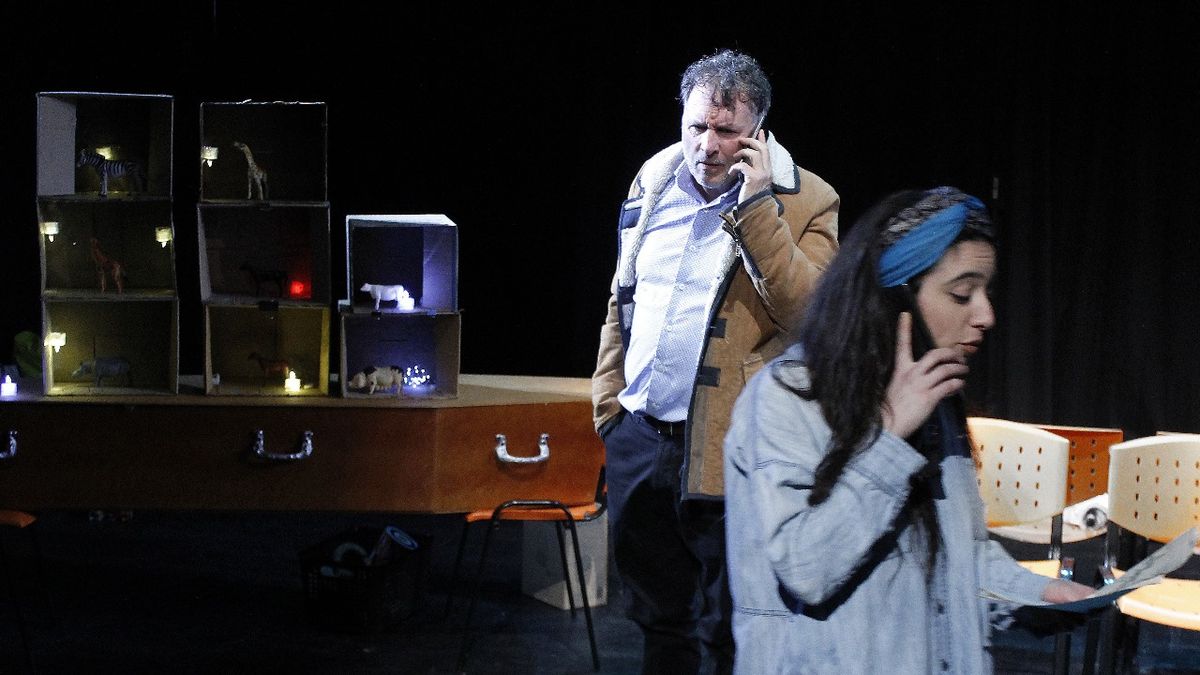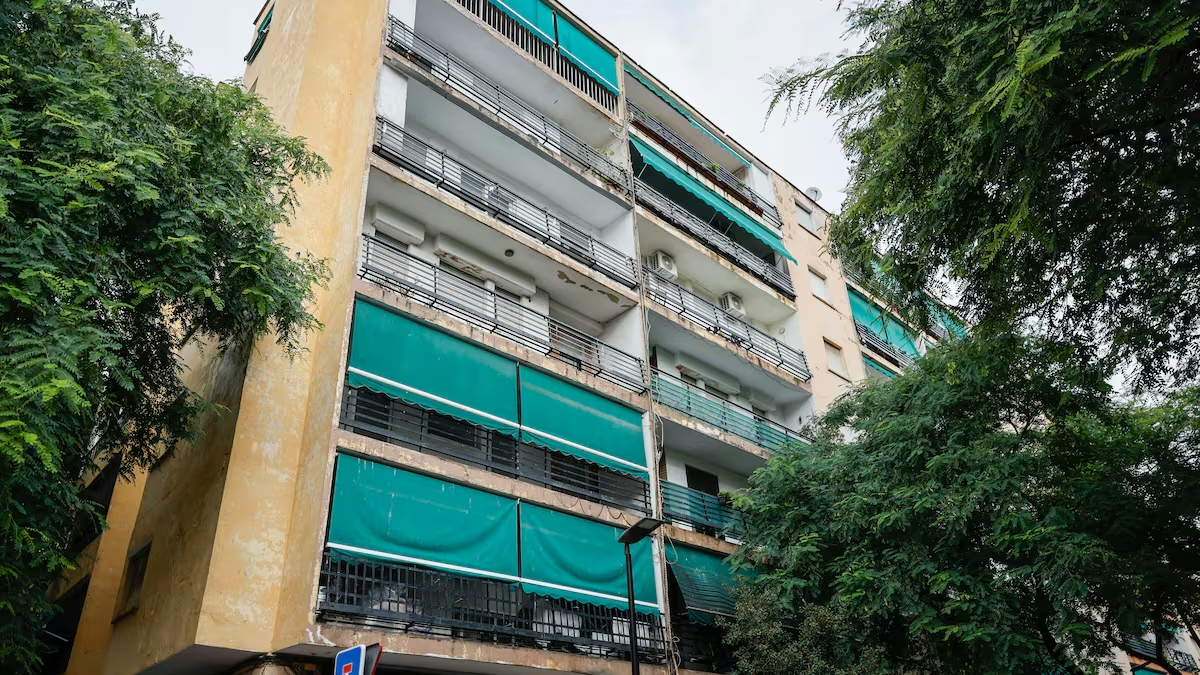“There is something that happens in independent theater, it is a bit inbred, we see each other and it is good to break with that. With ‘Tutorial’ we are managing to go beyond the theatrical audience, a heterogeneous audience comes that really likes the work,” says Fernando Migueles, protagonist of “Tutorial”, by Eva Halac, which is presented every Friday at 8pm at the Teatro del Pueblo. This dramatic comedy directed by Halak and Hernan Marquez It’s about the way people bond, how they relate to so many sentimental tutorials about not offending, hurting, or hurting feelings. It has performances of Natalia Giardinieri Mora Monteleone and Nahuel Monasterio. We talk with Migueles.
Journalist: What attracted you to the text?
Fernando Migueles: The first reading really entertained me. Dynamic and entertaining. I liked the characters, the theme of the work and how it is treated without lowering the line, but rather inviting reflection. Tutorial is a very current comedy-drama, with a lot of rhythm. That excites, makes you laugh and leaves you thinking
Q: What topics do you address and why do you oscillate between asking what is right and what is wrong?
FM: It talks about human relationships, the correct ways of doing things and the different perspective that the 4 characters who are from 2 different generations have on it. The question of emotional responsibility comes into conflict. At the same time, he also reflects on what art is, what can be considered art or not. The characters ask themselves when making some decisions if it is right or wrong, because they seek approval or because they feel judged. Trying to do things right, they often do them wrong.
Q: Why does your character start talking about the breakup with those other characters? How are those links built?
FM: Emilio, my character, grew up with other paradigms that are under discussion today. Then he is disoriented and at times overwhelmed by what is happening. Emilio would need a tutorial to navigate these new ways of relating. This puts him in conflict with his 18-year-old daughter, Ámbar, a visual artist, who is also starting a particular project in the house’s garage. Emilio wants to do things right, he seeks to legitimize his actions. But the difference in criteria that contrasts with the current ones generates difficulties with the other characters.
Q: What happens today with the tutorials?
FM: The title of the work refers to the desire or need to do things well. Nowadays we can search on Google for a tutorial to cook a good lentil stew, for example, or to change the skin of a faucet. When the question to be resolved is rather specific. But things change when we get into the realm of the intangible: how does a relationship end? Tutorial suggests that things that are not concrete, such as emotions, can hardly fall within the parameters of universal rules applicable to everyone.
Q: What is it like doing independent theater today?
FM: As it has always been, difficult and sustained by passion. There are fundamental issues such as financing, the availability of work teams, the frequency of performances, generally 1 per week, and conditions that always have to be crossed in any independent theater project, which today are even more complex to face because of this. moment of such a strong economic recession. It was always difficult, now it is even more difficult. On the other hand, Argentina is a country where crises seem to generate more desire to produce. It is a way of resisting too. As if we said, we have nothing, well we have to do the same.
Q: How do you see theater and culture today?
FM: I think that theater and culture in general today are trying to survive in the midst of this disaster. Still half stunned as everyone by the speed with which this process is being carried out that destroys everything and only seeks productive activities. Leisure is frowned upon by the system. In the current context, culture for them is an expense, but also something dangerous because the type who can raise his head a little and think that he can transform something, or at least that he does not have to accept all the mistreatment to which they are pushing us , it doesn’t suit them. That is the mission of art, to keep hope alive, the faith that there is the possibility of transforming anything.
Source: Ambito
I am an author and journalist who has worked in the entertainment industry for over a decade. I currently work as a news editor at a major news website, and my focus is on covering the latest trends in entertainment. I also write occasional pieces for other outlets, and have authored two books about the entertainment industry.




